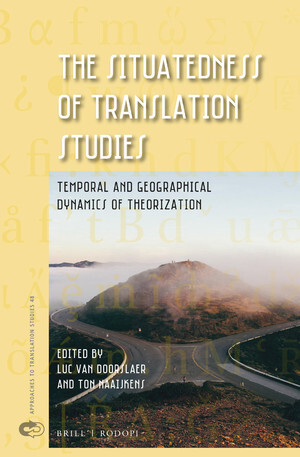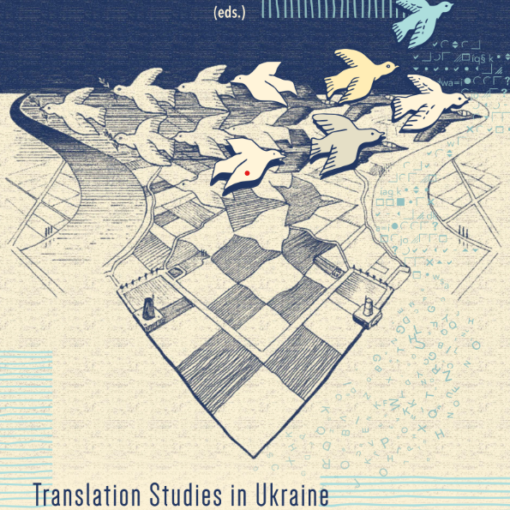Anne Lange’s article was published in the volume “The Situatedness of Translation Studies. Temporal and Geographical Dynamics of Theorization” (2021), edited by Luc van Doorslaer and Ton Naaijkens. The article focuses on Peeter Torop’s concept of total translation as it stems out of the Tartu-Moscow semiotic school of thought and comes within an interdisciplinary dialogue with other branches of the humanities studying culture. Torop has developed a cultural and semiotic interpretation of one of Catford’s types of translations and conceptualizes translation in terms of communication and auto-communication. Acknowledging translation as a metaphor for the universal mechanism of producing meaning, Torop finds the concept is of relevance beyond translation studies. The article, however, attempts to position his theory within TS, comparing it to post-colonial approaches to translation that were significant at the time when Torop finalized his monograph in 1995, and to Tymoczko’s cultural translation, which is similar in its content. Since the natural language with its cultural connotations is also of explanatory value for the rationale of a theory, the academic and institutional contexts of Torop’s theory are complemented by an etymological analysis of the Estonian word for translation that supports Torop’s conceptualization of translation.



